Top Skills of a Versatile Medical Assistant

Medical assistants (also referred to as nurse practitioners) are essential in healthcare, as they perform important medical and administrative duties. As with any job, being a medical assistant requires having a certain set of skills that are necessary to perform everyday duties successfully. Here are eight key skills a medical assistant will require to assist with patient care in an ambulatory settings.
Communication
A medical assistant is a contact point for various people, including physicians, patients, families, insurance companies, and other medical personnel. To make outstanding care available, you’ll need to engage with doctors effectively both during and after medical treatments.
From the time customers phone to arrange an appointment until you conduct medical therapy, you’ll need to make customers feel welcome and at peace. Communication as clear and concise may guarantee that everyone has the best experience.
Time Management
Time management is critical not just for your productivity but also for the success of your entire team. Falling behind on clinical visits, for example, might cause scheduling conflicts later in the day. In addition, as a healthcare worker, you’ll be responsible for a bunch of activities, including patient scheduling, primary treatment, and record updating. So, you’ll need to plan everything appropriately.
A former president of AAMA (American Association of Medical Assistants), Patty Licurs, once said that the best time management tip is to rely on a calendar. Unfortunately, due to emergent situations or overstretched working days, medical assistants may not be able to stick to a dedicated routine. Thus, we advise medical assistants to schedule time in the week to cope with chores that were not accomplished on weekends.
Planning
As a healthcare worker, you’ll probably have a variety of responsibilities, from juggling patient care and answering the phone calls to bookkeeping and administrative duties. To execute your job properly, you must come prepared. Most professionals believe that being organized is a top priority to become a valuable medical assistant. Making out early agendas to have a clear picture of what to expect from the week is one method to keep things systematized. Plus, ensure your rooms are always supplied with inventory and that you don’t run out of any necessary stuff.
Understanding of Basic Medical Procedures
To provide exceptional treatment, you must know how to execute medical operations safely and correctly. Medical assistants usually do the following:
- Collecting laboratory specimens
- Dispensing medication
- Monitoring the vital signs
- Drawing blood
- Giving Injections
- Wound dressing
- Assisting doctors with examinations
Being Detail-Oriented
Being meticulous entails paying close attention to details and nuances of work. Dealing with medical records necessitates this ability.
As a medical assistant, you’ll be responsible for collecting patient information into electronic health records (EHRs) and discussing it with colleagues.
All of this information must be accurate to provide the best possible treatment to patients. Similarly, you may be required to submit medical billing codes to charge insurance companies correctly. To minimize missing payments or misunderstandings, each code must be entered precisely. This takes a lot of focus and attention.
Administrative Skills
Managerial skills, such as making phone calls and emailing, arranging consultations, and bookkeeping, may be an integral part of your employment as a medical assistant (depending on where you work). You should be able to communicate with patients, therapists, and other healthcare professionals through the phone, email, and even text messaging, plus keep track of the conclusion of each communication.
You may also be required to schedule meetings, follow-up visits, referrals, treatment plans, and workplace communication (such as bills and parcels).
A growing proportion of medical assistants report to nurse practitioners and physician assistants for supervision. These certified professionals value medical assistants’ flexibility and talents.
Computer Medical Technology Skills
Because technology is intrinsically tied to a medical assistant’s clinical and administrative responsibilities, it’s required to have a grasp of innovative healthcare software.
Medical assistants may be asked to do the following on a daily basis:
- Use scheduling software to make patient appointments
- Use video platforms for online meetings
- Use spreadsheets and word processors to keep track of patient information
- File insurance claims using medical billing and coding software
Because computer software is always evolving, being adaptable and eager to learn is an important skill for this job.
Medical Assistant Education Requirements
Medical assistants must have a minimum of a high school degree with on-the-job training and a one-year certificate or two-year degree program.
Medical assistant vacancies are rising at a rate of 23 percent, far faster than the national average for all other industries (as per data from the United States Bureau of Labor Statistics (BLS)).
Aspiring healthcare experts can start a successful career in medical assistance with a year of specialized training. Nursing assistants with medical and administrative skills might work in this field for the rest of their lives or move to other areas of healthcare.
